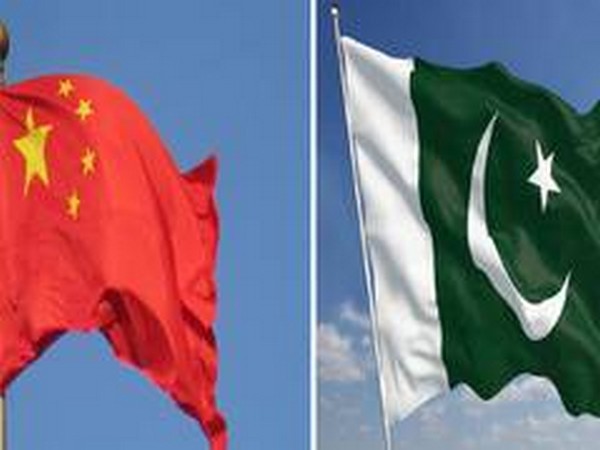

Pakistan is moving towards an unprecedented existential crisis, executive president of the Baloch Human Rights Council, Dr Naseer Dashti has said.
Responding to a question from Baluch Sarmachar, about Pakistan’s relations with countries in the West, Dashti said that the West has been sustaining Pakistan for 75 years, but it is not in a position to sustain it any longer.
“When the West needed Pakistan, it was included in the Central Treaty Organisation (CENTO) and the Southeast Asia Treaty Organisation (SEATO),” he said, adding “Now it appears that Pakistan has exhausted its utility for the West. The West is now beginning to align with India in various ways, and if things go smoothly in this direction, they might not need Pakistan anymore. The implosion of Pakistan is imminent.”
According to Baluch Sarmachar, Dashti said that religion has never been a binding factor in politics involving different nations.
“In Pakistan, the Sindhis, the Baloch, and the Pashtuns do not have anything in common with the ruling Punjabi Muslims. They are separate nations but are not strong enough to fight the Pakistani army. To free themselves from the clutches of Pakistan, they need two things–a protracted struggle and support from outside. External support is imperative because there is no example in history where nations have been able to gain independence without external support,” he said.
“Western taxpayers might not be able to afford billions of dollars to feed the Pakistani army. We should remember that the only binding force in Pakistan is its army. It is an army which is genetically mercenary. Without perks and privileges, the military will not fight against the Baloch, Sindhis, and Pashtuns. With this, Pakistan will eventually collapse,” Dashti added.
Dashti, further responding to another query related to the freedom of Balochistan, said that the Baloch national struggle is moving forward at a slow pace but it is not directionless.
“Many internal and external factors are hampering the progress of the Baloch national struggle. I think it will ultimately overcome its weaknesses and be in a position to gain its objectives.”
He said that Pakistan has come down heavily on the Baloch resistance through the brutal use of force. The Pakistani army has made Balochistan a war zone. The land has been under an undeclared martial law for many decades.
“Political mobilisation in Balochistan has become impossible because of the brutalities of the security apparatus of Pakistan. For the moment, the external support necessary for the success of any national liberation struggle is not visible. Despite all these weaknesses, the will of the Baloch people to throw away the yoke of slavery is strong. They will keep resisting the occupation forces,” he added.
Speaking of the large-scale attacks on the Pakistani military by Baloch armed organisations, Dashti said, “Armed resistance and political mobilisation are two parts of a national liberation struggle. Their combined objective was to persistently target the financial and strategic interests of the colonial power until the occupation forces were tired or the colony became ungovernable.”
Responding to a query of Baluch Sarmachar, if Baloch groups use modern weapons bought from the Taliban in Afghanistan Dashti said, “Everything is for sale in Afghanistan – friendships, enmity, fighting force, Mujahideen, Taliban and weapons. The Taliban may have sold the weaponry to the Baloch parties. But any kind of weapon is available in the international market.”
“But according to my knowledge, the Baloch fighters use only simple weapons – grenades, Kalashnikovs and rocket launchers, nothing sophisticated,” he added.
Dashti turned down China’s efforts to overpower the West saying that China is not as powerful as people think. It is not a superpower militarily. China’s strength lies in selling cheap goods to Europe and the Americas.
He said, “The Chinese power is a myth created after the fall of the Soviet Union led by a section of the Western establishment through their academics.”
“China will be encircled and tamed. People think China is strong because of its economy, primarily selling cheap goods to the US and Europe. But trade can be managed and controlled by the West in many ways, for example, through tariffs and taxes,” he said.
“China is not a superpower militarily. I think it is still a unipolar world with the US and its European allies controlling the world strategically and financially,” Dashti added.